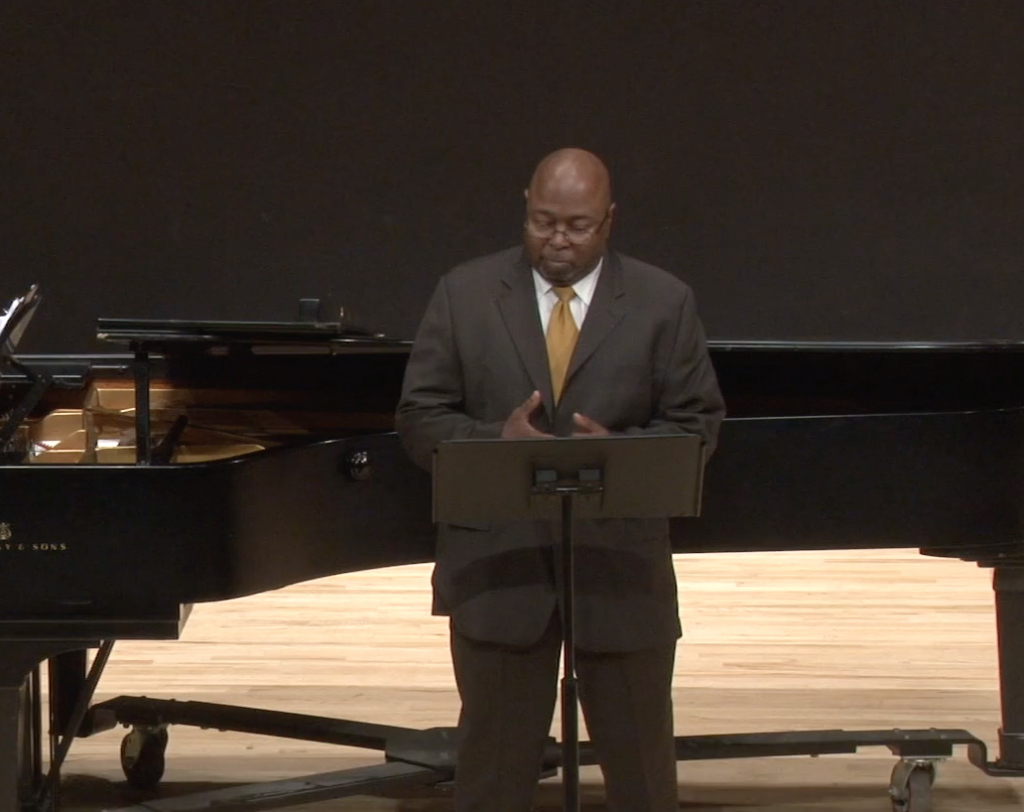Listen
Track:
About
Festus Claudius McKay was born to a Jamaican peasant family in the fall of 1889 in Sunny Ville, Jamaica. Through the influence of a neighboring Englishman as well as his brother who was a school teacher, McKay became very early on interested in English poetry. He was exposed to writers like John Milton and Alexander Pope and became familiar with the traditional English poetic forms. It was at this time that McKay was inspired to write his own poetry utilizing the Jamaican dialect.
McKay moved about Jamaica working various jobs in his early 20s and, as he spent more time in cities other than Sunny Ville, he became painfully aware of the deeply racist societal undercurrents that plagued areas of Jamaica. Despite this, he continued to write, and eventually, thanks to some local recognition, McKay earned enough money to fund a trip to America. He arrived in South Carolina in 1912. He spent some time studying in the US, primarily at Kansas State College, but eventually left school to move to New York City.
In New York, McKay once again experienced racist discrimination. This continued experience only fueled his desire to continue to write. He met progressive political activist and editor of The Liberator Max Eastman. Eastman and McKay would become close friends and maintain correspondence for many years. It was in Eastman’s magazine that McKay would begin to publish some of his work including the famous “If We Must Die.”
McKay eventually made his way to Europe and spent many years living in France as well as traveling all over Europe and North Africa. He continued to be primarily moved to write about social injustice and developed an increasing interest in the growing communist movement. He continued to write and publish poetry, short stories and also wrote three novels, Home to Harlem (1928), Banjo: A story without a plot (1929), and Banana Bottom (1933).
In the 1930s, McKay’s personal views began to shift as he became increasingly interested in Roman Catholicism. He met Catholic political activist Dorothy Day and published poems in her Catholic Worker magazine. He had become an avid reader and stated that Day’s magazine was as “alive as Liberator Magazine” once had been. Day’s anti-communist, anti-fascist, anti-capitalist view appealed greatly to McKay’s sensitivities as well as provided a spiritual orientation to much of the social efforts he participated in we he reflects on in his poem “Truth.”
McKay’s life’s work is primarily associated with having been largely influential in the Harlem Renaissance in the 1920s but regardless of whether he was living in New York, Chicago, France, or Jamaica, his dedication to using his voice as a poet and author to lift up the voices of those that had been put down never wavered.
-Jonathan Taccolini
Sources:
– Cooper, Wayne. “Claude McKay and the New Negro of the 1920’s.” Phylon (1960-) 25, no. 3 (1964): 297-306.
– Gosciak, Josh. The Shadowed Country: Claude McKay and the Romance of the Victorians. New Brunswick, New Jersey; London: Rutgers University Press, 2006.
– Deshmukh, Madhuri H. “CLAUDE MCKAY’S ROAD TO CATHOLICISM.” Callaloo 37, no. 1 (Winter, 2014): 148-168,182.


